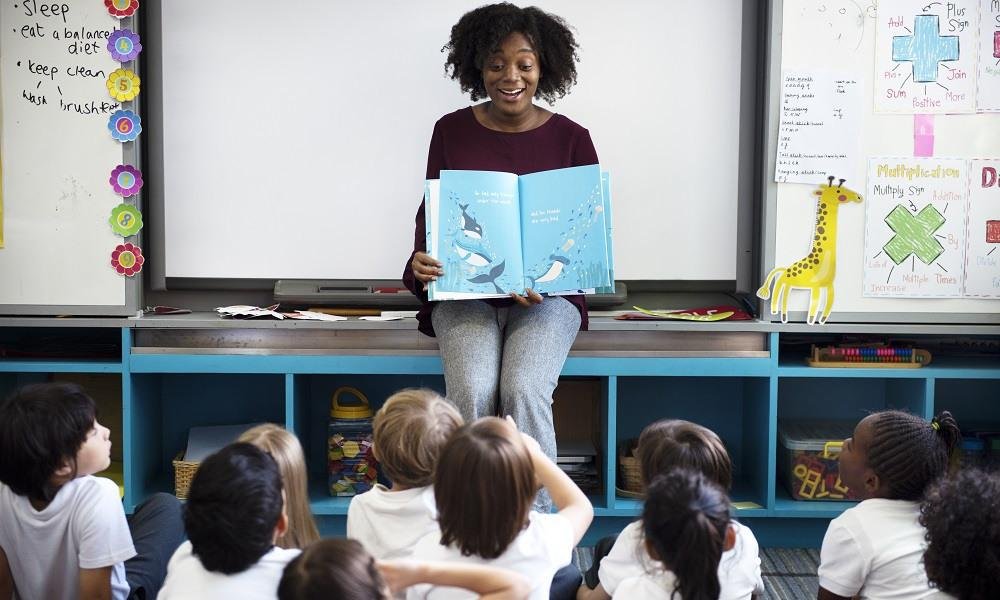As the back-to-school season approaches, many parents are gearing up to help their children transition from lazy summer days to the structure of the school year. For children who struggle with anxiety, this shift can be especially tough. The thought of new classes, new teachers, and new social situations can cause a great deal of stress and worry.
But fear not, parents! There are several ways you can support your anxious child as they prepare to return to school. By following these tips, you can help ease their fears and make the transition smoother for everyone involved.
First and foremost, take the time to sit down with your child and truly listen to their concerns. Let them know that it’s okay to feel nervous and that you are there to support them every step of the way.
Establishing a regular routine can also provide a sense of stability and control for your child. Help them create a schedule that includes time for homework, meals, relaxation, and bedtime. This predictability can help alleviate some of their anxiety about the unknown.
Teach your child coping strategies to help them manage their anxiety, such as deep breathing exercises and positive self-talk. Encourage them to practice these techniques regularly so they can use them when they start to feel overwhelmed.
Stay in touch with your child’s teachers and school counselors to ensure they are aware of your child’s anxiety and can provide the necessary support. Working together as a team can make all the difference in helping your child succeed at school.
Encourage your child to prioritize self-care by eating well, exercising, and getting enough sleep. A healthy body leads to a healthy mind, so taking care of themselves is essential for managing anxiety.
Lastly, don’t forget to celebrate your child’s victories, no matter how small. Let them know that it’s okay to make mistakes and that progress is more important than perfection.
With your guidance and support, your anxious child can navigate the challenges of the new school year with confidence and resilience. Remember, every child is different, so tailor your approach to meet your child’s unique needs and preferences. Together, you can help your child thrive in the upcoming school year.
1. Understanding Your Child’s Worries
As a parent, it’s important to understand your child’s worries as they get ready to go back to school. Listen to their concerns, create a routine, practice coping strategies, stay connected with school staff, encourage self-care, and celebrate small victories. By supporting your anxious child in these ways, you can help them navigate the challenges of the new school year with confidence and resilience.

2. Establishing a Supportive Routine
As the new school year approaches, parents can help their anxious children prepare for the transition by . By listening to their concerns, creating a daily schedule, practicing coping strategies, staying connected with school staff, encouraging self-care, and celebrating small victories, parents can help their children feel more confident and prepared to face the challenges of the upcoming school year. Every child is unique, so it’s essential to customize the approach based on the child’s individual needs and preferences. With the right guidance and support, children can navigate the back-to-school season with resilience and strength.

3. Teaching Coping Strategies
One effective way to support your anxious child as they prepare to go back to school is by creating a routine that includes designated times for homework, meals, bedtime, and relaxation. By establishing a predictable schedule, you can provide your child with a sense of stability and control, which can help reduce their anxiety levels. Encourage them to stick to this routine and remind them that it’s okay to ask for help when needed. Additionally, practicing coping strategies such as deep breathing exercises, mindfulness techniques, and positive self-talk can empower your child to manage their anxiety in challenging situations. Remember to celebrate their small victories and provide them with the love and support they need to thrive during the new school year.
4. Building a Strong Support System
As the new school year approaches, parents are gearing up to help their anxious children transition smoothly back into the classroom. One way to support them is by creating a predictable routine that includes designated time for homework, meals, bedtime, and relaxation. By establishing a consistent schedule, children can feel a sense of stability and control, which can help alleviate anxiety. Additionally, teaching coping strategies like deep breathing exercises, mindfulness techniques, and positive self-talk can empower children to manage their worries effectively. It’s essential to listen to their concerns, stay connected with school staff, encourage self-care, and celebrate small victories to help them feel confident and resilient as they navigate the challenges of a new school year.
To Wrap It Up
As you and your anxious child prepare for the upcoming school year, remember that you are not alone. By listening, creating routines, practicing coping strategies, staying connected, encouraging self-care, and celebrating small victories, you can help your child feel more confident and supported as they navigate the challenges ahead. Remember to be patient, understanding, and loving towards your child as they work through their anxiety. Together, you can make the transition back to school a positive and empowering experience. Stay strong, stay connected, and remember that you are a team. Your child is lucky to have you by their side every step of the way.


